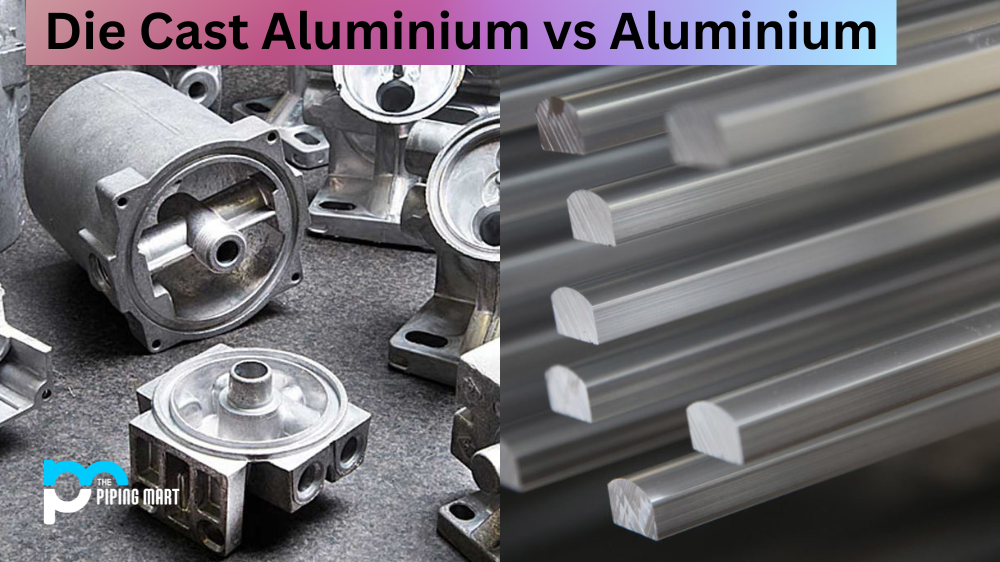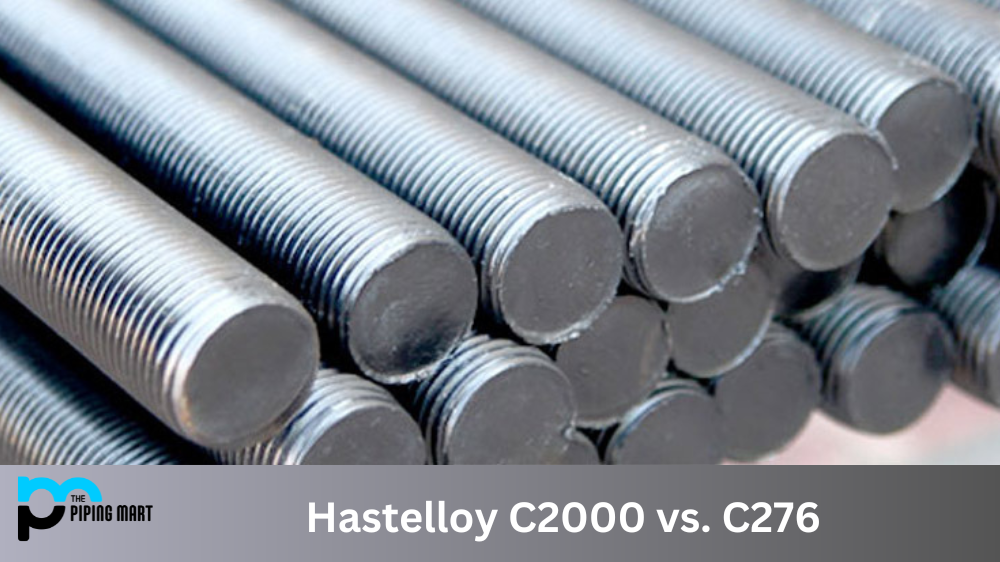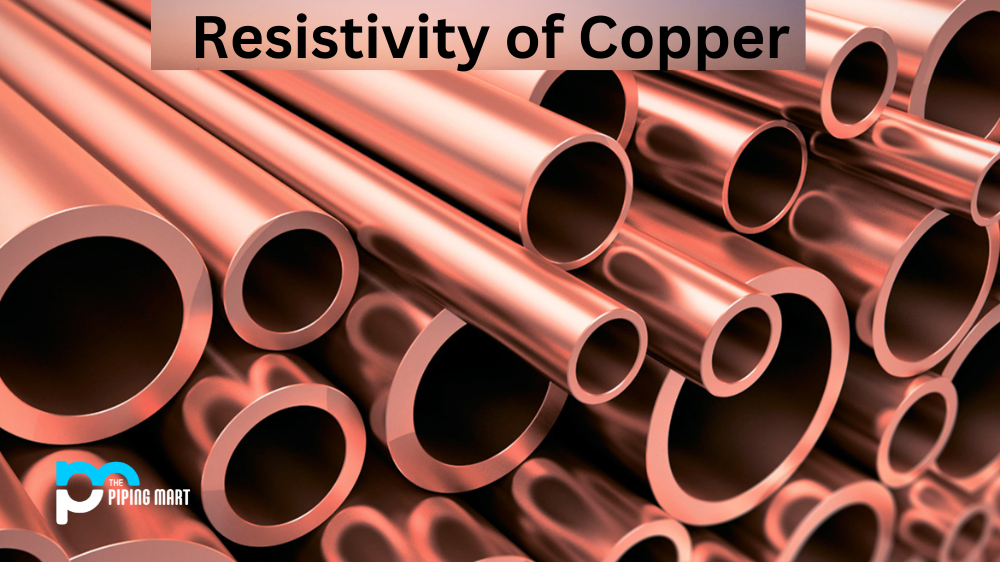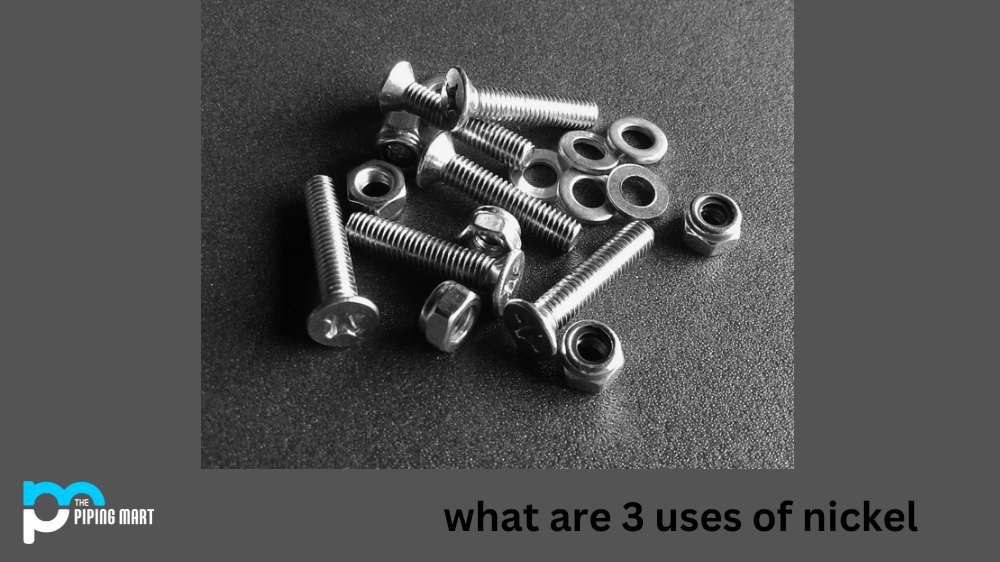If you are looking for a lightweight yet strong metal for your next project, then you may be considering die-cast aluminum or aluminium. Both these metals offer great strength-to-weight ratios, making them ideal for a variety of applications. But which one is better? Let’s take a look at the differences between die-cast aluminium and aluminum to help you decide.
Difference Between Die Cast Aluminium and Aluminum
The main difference between die-cast aluminum and regular aluminium is the manufacturing process used to create the metal parts. Die casting uses high pressure to force molten metal into a mould, which then hardens into the desired shape. This process creates parts that are stronger than traditional aluminum parts due to the increased pressure on the material. Parts created using die casting are also more detailed and have smoother surfaces than parts created with traditional methods. This makes them ideal for use in applications where precision is important, such as medical equipment or electronics. However, this process can be expensive and time-consuming, so it isn’t always suitable for all applications.
Aluminium is an extremely versatile material that can be used in many different ways. It has excellent corrosion resistance and low thermal expansion properties, making it a great choice for outdoor applications such as gutters or roofing materials. The strength-to-weight ratio of aluminum is also very high, making it an ideal choice for aerospace components or machinery components where weight savings are important. It can also be easily machined into complex shapes without too much difficulty, although it does require more skill when compared to die-casting operations.
- Die-cast aluminum is a type of aluminum that is made by pouring molten aluminum into a mould.
- Die-cast aluminum is often used for making car parts because it is strong and lightweight.
- Aluminum is a type of metal that is found in nature. It is extracted from bauxite ore and then refined to create aluminum metal.
- Aluminum is much lighter than die-cast aluminum, making it ideal for applications where weight is a concern.
- Aluminum is also more corrosion-resistant than die-cast aluminum, making it a good choice for outdoor applications.
- Die-cast aluminum is typically more expensive than aluminum due to the manufacturing process.
Conclusion:
Both die-cast aluminium and regular aluminum offer their own unique benefits depending on your application needs. Die-cast aluminum offers greater strength and detail but requires higher capital investment than regular aluminium does due to its more complex manufacturing process. On the other hand, regular aluminum offers greater versatility in terms of shapes that can be machined along with excellent corrosion resistance properties and good strength-to-weight ratios – ideal for aerospace applications or machinery components where weight savings are key considerations. Ultimately, the best choice will depend on your specific requirements, but both metals offer excellent qualities that make them suitable materials for a wide range of projects!

Abhishek is a seasoned blogger and industry expert, sharing his insights and knowledge on various topics. With his research, Abhishek offers valuable insights and tips for professionals and enthusiasts. Follow him for expert advice on the latest trends and developments in the metal industry.




